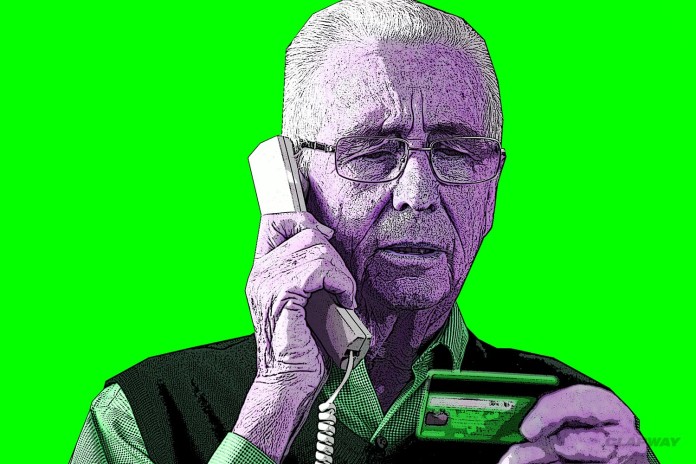
Intro
According to a report from the American Bankers Association, in 2019, there were over 374 million open credit card accounts in the US. This number grows at a rate of 2.5% per year. However, despite their widespread use, they are not the perfect payment method. The Federal Trade Commission reports around 2.3 million cases of fraudulent transactions per year, and credit card scams are responsible for 45% of these deceptions.
So, how often does credit card fraud happen? A lot. If you think you are savvy enough to avoid such scams, think again. Someone stealing your card data can happen while you are buying clothes at a store, taking money out of an ATM, and even when you are browsing the internet.
Below we breakdown the following:
- What constitutes a credit card scam.
- How does credit card fraud happen?
- The most common types of credit card scams.
- Credit card fraud prevention tips.
What Is a Credit Card Scam?
By definition, it is a form of identity theft that happens when someone has unauthorized access to your financial data, which they use to make unapproved transactions. The techniques of credit card fraud vary. They can range from physical theft to criminals attaining your number and CVV code via phishing websites and malware software.
Nevertheless, in all cases, once you involuntary relinquish access to this personal info, the consequences could be dire. Criminals in control of your data can deplete your bank account of all your funds. Note that hackers can also attain this information through a data breach.
5 Most Common Credit Card Scams You Should Be Aware Of
Con-people are inventors. Yet, thanks to the internet, the public quickly wises up to their schemes. Thus, they continuously come up with new ones. If you are wondering – how does credit card fraud happen? Well, these are the most notorious swindles out there:
- Charity Scam – Following a well-documented tragedy, scammers reach out under the guise that they are working for a credible charity and ask for donations.
- Hot Spot Scam – Be wary of free Wi-Fi. Criminals often set-up hotspots under the names of close-by venues, monitoring all data flowing through it.
- Credit Card Sign-Up Farm Scam –Grifters trick victims into willingly giving away their info by making them sign up for a fake credit card rewards program.
- Interest Rate Scam –A scammer pretends to represent a company that can help you negotiate a better interest rate on your credit card balance.
- Overcharge Scam – A message/call informs you that you have been overcharged on a recent transaction and are eligible for a return.
- Skim Scam – A skimmer is a device that criminals attach to card readers. Once you swipe your card through a skimmer, it records all the info of your magnetic stripe.
How to Prevent Credit Card Fraud?
Know that it is up to you to make smart decisions en route to averting fraud. You can search Google for – what are the ten credit card safety tips? To make things easy, we have listed them below. They are:
- Keep your credit card safe – Do not carry it in your wallet, and never let people handle it without overseeing the process.
- Stay safe when using your card online – Even if you are a sports bettor, there are sites like SBS that provide great reviews on online sportsbooks and give users more confidence on where to use their credit cards.
- Do not post sensitive info on social media – Never publicly share your address, phone number, or other identifiable data.
- Immediately report a lost or stolen card – It allows your bank to freeze your account, making your card useless.
- Use a strong password – Always opt for a cipher that involves special symbols and numbers, and look into using a password manager.
- Do not trust public Wi-Fi – Particularly when it comes to financial transactions.
- Use mobile payment apps –These have high-end encryption and additional safety procedures.
- Set-up fraud alerts – Configure your account settings so that you get informed of any suspicious transactions.
- Check for skimmers – Know the appearance of your ATM card slot. Avoid machines that feature a different one.
- Regularly review your credit reports – Conduct a weekly check of your card activity, keeping an eye open for all unauthorized purchases.
Wrapping It Up
If you suspect that you have been the victim of credit card fraud, you should instantly contact your issuer, online or over the phone. Your next step should be reporting the incident with local law enforcement. Though, your bank may also do this. Remember to research any retailer/company you transact with, review your bank statements carefully, and always look for the s at the end of HTTP in your browser.

















